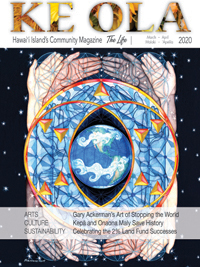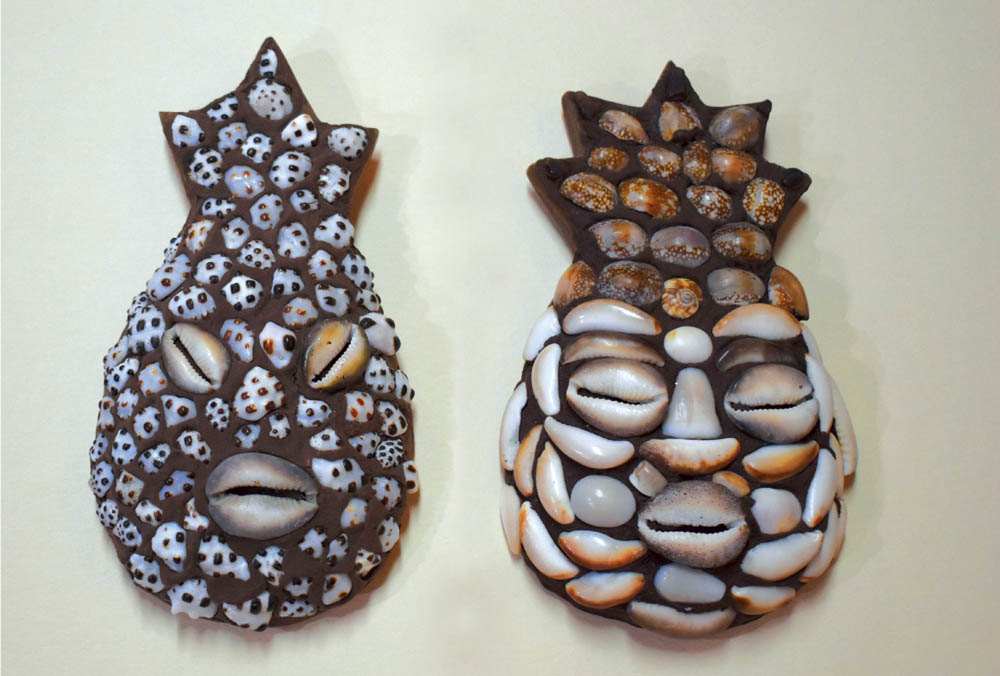
For the Love of Horses: Linda Tellington-Jones Proves Touch is Worth a Thousand Words

By Karen Rose
It’s been said that a horse doesn’t care how much you know, until she knows how much you care. Local horse whisperer Linda Tellington-Jones would agree. Linda is founder and owner of Tellington TTouch Training, a global organization committed to enhancing the performance, behavior, well-being, and relationships between animals and their people.
“I was born in Canada, and grew up on a farm near Edmonton, Alberta,” said Linda. “I was one of these lucky kids who had to ride a horse to school for the first six years of my life. I was totally involved with showing horses during my growing up there.”
In 1956, 18-year-old Linda married her first husband, Wentworth Tellington, and in 1961, they founded the Pacific Coast Equestrian Research Farm and School of Horsemanship. Students from around the world traveled to California to train with the Tellingtons who were known for their innovative equestrian products and training techniques.
The couple published a monthly newsletter that was circulated worldwide, as well as wrote a monthly column for Western Horseman magazine. In 1965, the Tellingtons published an article called “Physical Therapy for the Athletic Horse,” and later had success with their book Endurance and Competitive Trail Riding, published by Doubleday and still considered an important contribution to the world of horse training.
“Our intention was to share information,” said Linda. “In the racehorse world of yore, no one shared information, because people didn’t want to give away the secrets to their success. I believe one of the things people appreciate about Tellington TTouch Training is that we do share it everywhere.”
Passing on a Family Legacy

Linda gives a lot of credit for her understanding of horses to her grandfather, Will Caywood, an award-winning horse trainer who attributed his success to the fact that every horse in his stable was rubbed with a form of massage he called “gypsy” massage. Caywood was also an award-winning jockey in the US, and for the Russian Czar Nicholas in Moscow. He taught his granddaughter equine healing techniques, including the specific massage designed to help the bodies and minds of horses.
“My grandfather said that he never entered a horse into a race if it didn’t communicate with him that it was fit enough to run well,” said Linda. “This is animal communication. People think it’s something new, but it isn’t. My grandfather showed my husband and me this form of massage, and we started using it for our horses. In 1965, I wrote a book with my husband, which I believe is the first book written in English on physical therapy and massage for the athletic horse.”
Linda’s love of horses also led her to become interested in endurance riding, where she eventually set a world record in Oklahoma. “We had 90 thoroughbred horses and 30 Arabian horses at that time,” said Linda. “It was then I started competing in 100-mile endurance riding. This is where you ride a horse a hundred miles within 24 hours. I ended up setting the record for endurance riding that stood for seven years in Oklahoma.”

Bringing Her Touch to the World
Throughout the 1960s and 1970s, Linda continued to evolve and progress in her understanding of equine psychology and physiology, her enthusiasm never waning. She spent several years in Germany teaching workshops at the request of her friend Ursula Burns, who Linda believes changed the face of the horse world in Germany.
Ursula was fascinated by Linda’s ability to change the behavior of problem horses and suggested conducting a study of Linda’s techniques. This study eventually led to the training method now known as the Tellington TTouch Method.

Wanting to continue her learning and expand upon her already extensive knowledge, Linda enrolled in a four-year course with Moshe Feldenkrais at the Humanistic Psychology Institute in San Francisco. She was interested in learning about Feldenkrais Awareness Through Movement, or ATM. (According to feldenkrais.com, ATM is similar to Tai Chi or gentle yoga, and employs slow, mindful movements to achieve powerful effects in terms of strength, flexibility, and holistic integration of body and mind.) Linda was hoping to use these techniques to help her students become better riders.
One of the basic principles of ATM is to develop one’s learning potential by activating unused pathways within the brain. This idea completely sparked Linda’s imagination and she began to create an entirely new process for teaching and interacting with horses. She knew she needed to make her TTouch Method standardized, so others could easily learn and understand the methodology.
“While I was in class doing one of these movements, I began to question my place in the world and what I was doing on this planet,” said Linda. “I knew I was fortunate to have had such an amazing life, I had a wonderful person mentoring me, and I was really successful in what I was doing, but it wasnʻt fulfilling my purpose.”
Showing Respect to Animals through Kindness

One thing in particular that bothered her was people’s attitudes toward horses. She felt the horses were often disrespected and not given the attention they deserved. This revelation spurred Linda to reevaluate what she was doing with her life and career, and to figure out how she wanted to move forward.
Linda graduated from Feldenkrais training in 1978, and began to implement her idea that eventually led her to become one of the leading equine behaviorists and trainers in the world.
“I started incorporating the Feldenkrais idea of non-habitual movements and opening unused neural pathways to the brain in order to introduce new ways of motion and behavior, and I applied these techniques with horses,” she said.
Originally called, “TTEAM” (Tellington Touch Equine Awareness Movement), this training method combined the acts of observation, movement, and touches to form a new way of relating to horses.
“The results were extraordinary,” said Linda. “TTouch invites you to see the horse with new eyes.”
The in 1983, she intuitively began to use a hands-on technique that combined circular touches and pressure to help horses physically, mentally, and spiritually. With these basic touches and movements, she noticed behavioral changes in the horses and realized many “problem” horses were probably just in pain. Linda found that by using the kindness and intention of TTouch, she could help alleviate some of the animals’ pain, allowing them to move and perform better. She found that a happy horse is a more cooperative horse.

Linda and her husband Roland Kleger have lived on Hawai‘i Island for 21 years; however, Tellington TTouch Training is taught around the world and they have traveled the globe delivering presentations at various venues such as wildlife conferences, holistic veterinary conferences, companion animal trainings, and humane societies, to name a few.
This gentle, respectful method of training develops an important level of trust between animals and their people. It deepens this special relationship because it is based on cooperation and respect.
Linda has continued to expand and develop the Tellington TTouch methods so they can be used on companion animals and even humans. Today TTouch trainings for dogs can be found around the world. Tellington TTouch is taught by over 1,600 certified Tellington practitioners in 39 countries, and Linda has written 22 books that have been translated into 15 languages.
Linda’s Tellington Method for Dogs is widely respected and accepted as a legitimate and successful method to improve canine behavior, and enhance performance and physical health—plus, it creates an enthusiasm for learning. Establishing a strong connection with canine companions fosters understanding and kinship. One element of this method is the circular TTouch, which Linda discovered can reduce fear and pain for a dog and enhance the body’s healing potential. The Tellington Method teaches animals to think rather than react.
According to Linda, Tellington TTouch Training is a unique and complete system of understanding, handling, and influencing our animals and us.

Moving Forward
“TTouch has always been years ahead of its time,” she says on her website. “This forward-thinking approach sees behavior as a means of communication rather than attitude or personality. Experience has taught us that beings cannot learn much if there is pain, fear, or fear of pain and that the nervous system can learn much more through non-habitual movement rather than simple repetition. Time and time again we have seen the powerful connection between physical, mental, and emotional balance.”
Linda’s goal is to help animals learn to act rather than react; it is not to teach them cues for obedience. She believes if an animal possesses the qualities of confidence and self-control, they are better able to adapt to a variety of environmental stressors, even unfamiliar ones.
She believes the role of the human is not to be dominant or controlling over another animal, but a partner who encourages trust and cooperation to develop a true relationship with one another.
In the words from her book Dressage with Mind, Body & Soul, Linda wrote, “I feel strongly that the tenets of classical riding are imperative and pure, and there is no moving forward without conscientious attention paid to all that has been learned and proven in horsemanship’s past. However, move forward we must, with the intent of achieving something better in the decades ahead and a common goal of alleviating the prevalence of pain, anxiety, and depression in the wonderful, talented sport horses with whom we are so lucky to pursue our dreams.” ❖
For more information: ttouch.com


